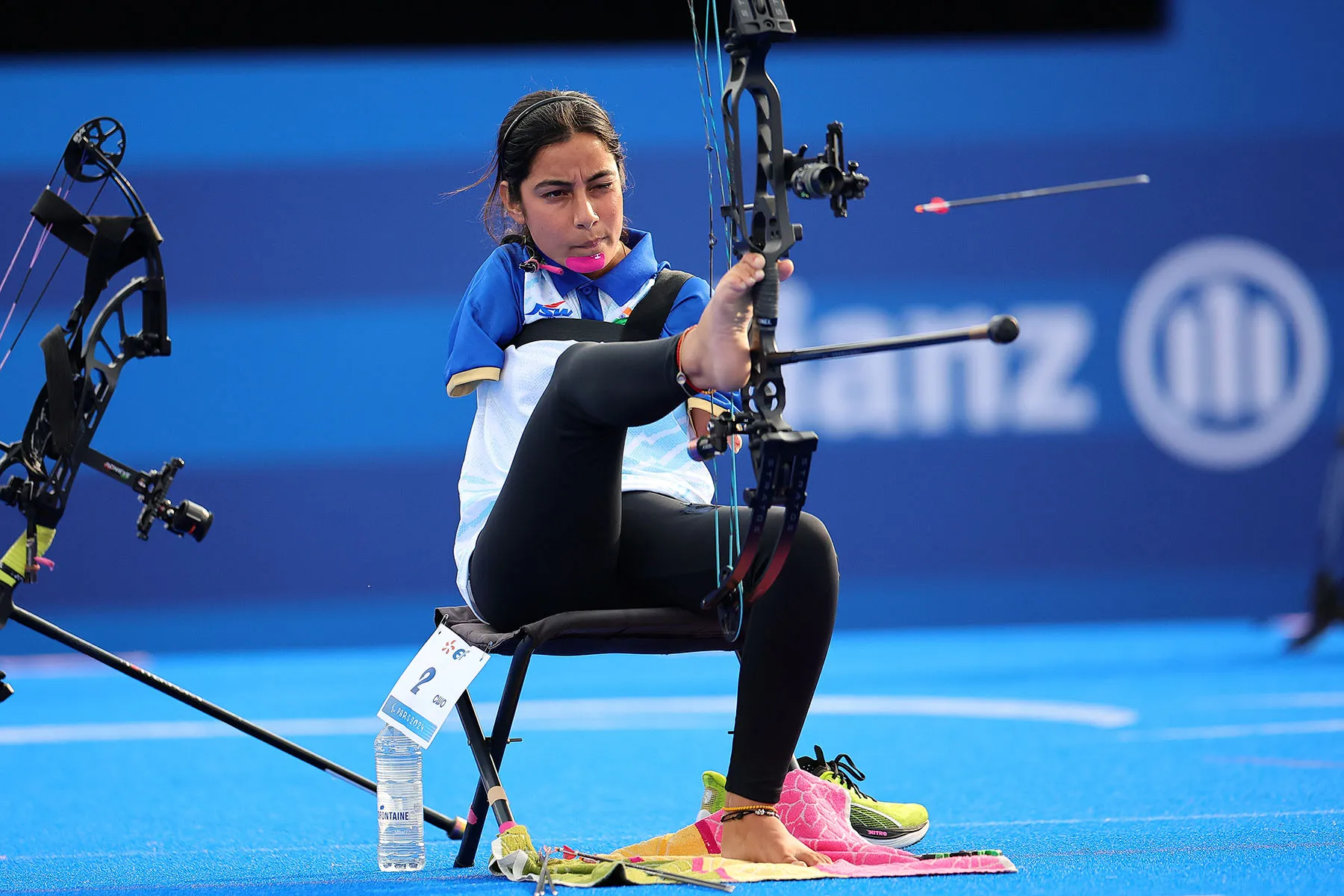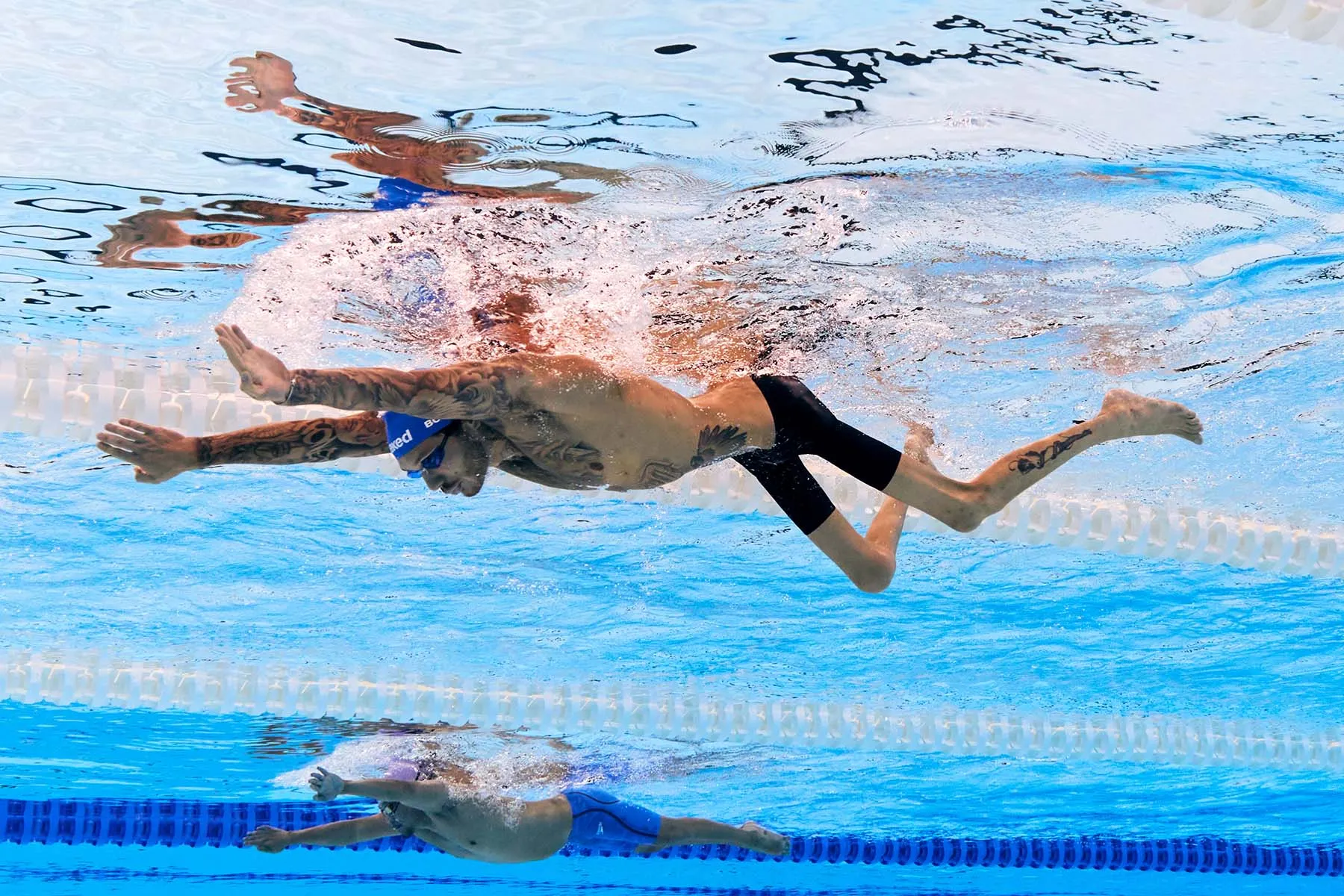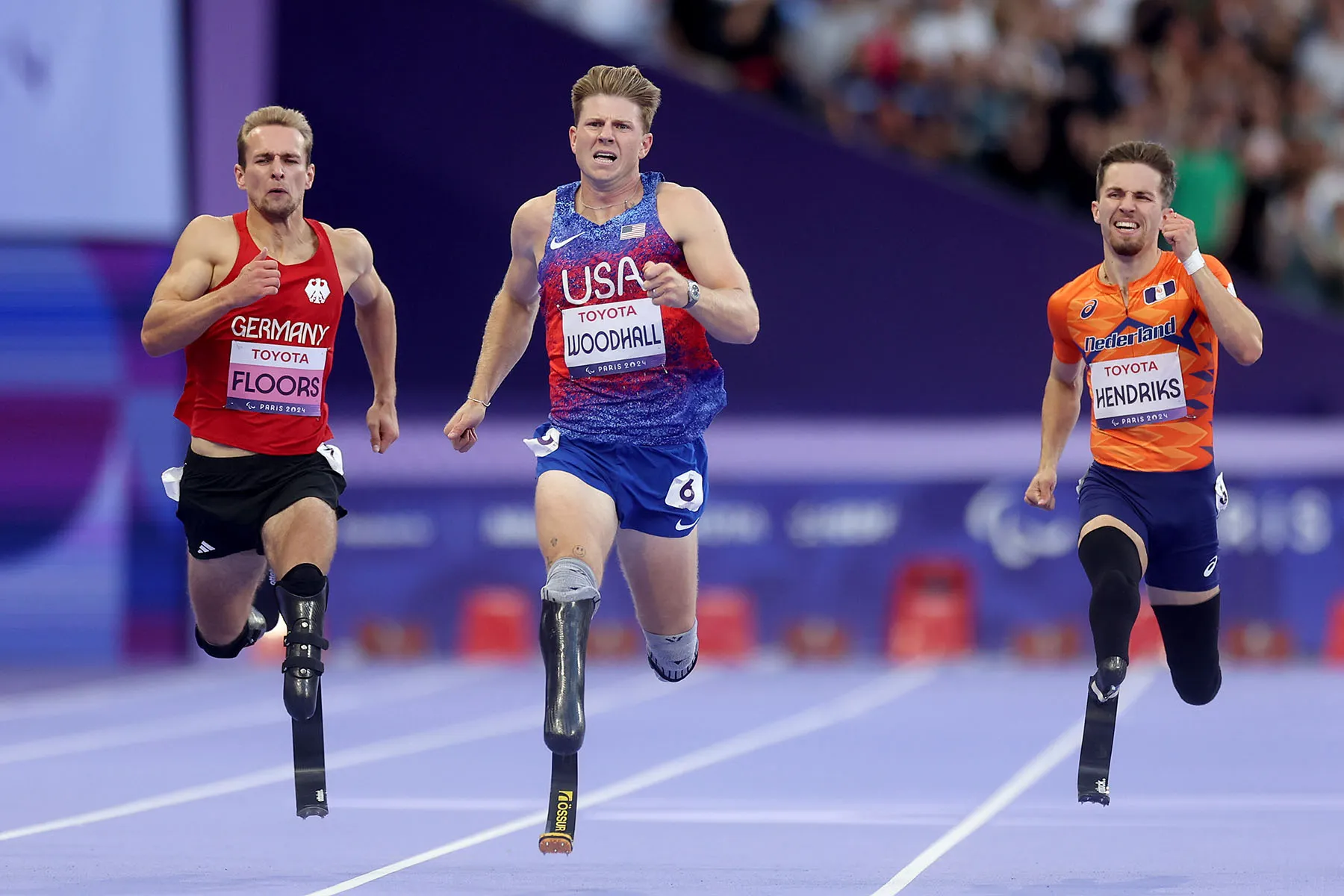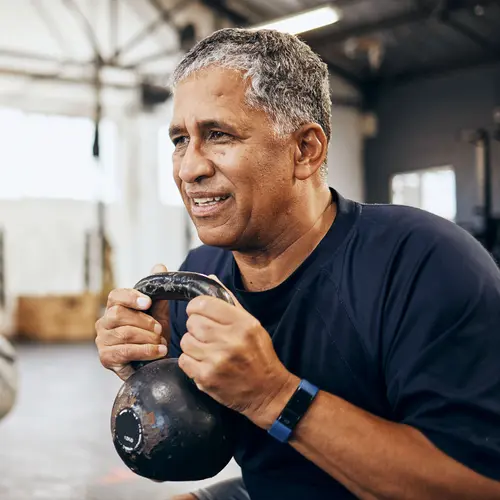Sept. 13, 2024 -- “We humans are, if anything, not very nice to ourselves.”
That’s a pretty strong summation, courtesy of clinical psychologist Joseph Galasso, PsyD, of what holds back many people from being who they want to be, achieving what they want, and in general finding happiness in this world of ours.
That’s why it’s useful for every single one of us to consider what just transpired in Paris: 4,400 athletes competed in the 2024 Paralympic Games, all of them in the top echelon of human accomplishment, and all of them every single day figuring out how to improve their already world-class performance.
What can they teach us non-Olympians?
Well, consider also the wide spectrum of competitors, both their type of impairment and its origin. While people with congenital disabilities (that is, ones they are born with) are generally assumed to be better adapted than people with acquired disabilities, emerging research isn’t so clear.
A new 2024 study showed that athletes from either category had an equal shot at medaling. “In most of the sports we analyzed, there are no indications that either origin has a competitive advantage over the other,” says lead researcher Cecilia Severin, PhD. “That doesn’t necessarily mean that the origin of impairment has no effect at all, but it is likely that individual differences between the athletes – in training, preparation, equipment – have a larger effect on performance.”
When you think about it, this conclusion is actually far more inspiring -- and relatable. The Paralympic athletes at the top of this year's podium weren't destined or advantaged because they were "born with it." No matter their unique circumstances, each and every athlete had to overcome enormous obstacles to master something that did not come easily.
According to Galasso, an array of psychological mechanisms that help high achievers reach their goals were on full display at the Paralympic Games. “We can learn so much from this group of athletes who compete because they want to,” he says. “That drive is universal.”
Whatever your goal, here are five powerful takeaways.
No. 1: They Acknowledge Their Limitations
Listen to a Paralympian talk about their disability, and you’ll likely notice a common theme: No avoidance or excuses; no pity or angst. Typically, it’s just a neutral, matter-of-fact “yeah, this is the way it is.”
Just like you wouldn’t expect Simone Biles to feel awkward or apologetic for her 4’8’ stature, Team USA Paralympics athlete Max Rohn says the same goes for his physical limitations. “There’s nothing wrong with a disability,” he previously told reporters. “It’s just different challenges that you have to beat. In my case, I do have a right leg that’s missing below the knee. I do have to deal with all these different problems during the day that deal with mobility.”
That acceptance isn’t apathy. Just the opposite in fact. Galasso says it’s an incredibly adaptive skill that we all should strive for. “When we can look at our limitations – whether they are physical, mental, or skill-based – without judgment, we are better able to remain resilient in the face of adversity,” he says. (It also boosts our general quality of life by helping us to ditch the emotional baggage that self-judgment brings.)
Can’t seem to stop beating yourself up over perceived shortcomings? Galasso suggests journaling or meditation with one caveat: No self-judgment allowed. This allows for focus and objectivity in the moment. “Mindfulness is a wonderful practice which helps us move through adverse situations without attaching judgment,” says Galasso.
No. 2: They Push Past “Impossible” by Thinking Creatively
Remember that scene in Apollo 13 when the team had to invent a way to purge dangerous levels of carbon dioxide from the capsule using nothing but duct tape and spare parts? That same kind of passionate ingenuity is what parasports are all about.
“The Paralympic Games are a wonderful opportunity to showcase the creativity of people with disabilities,” says Kathleen Bogart, PhD, professor of psychology at Oregon State University and co-founder of Disability Advocacy and Research Network (DARN).
Take Sheetal Devi, 17, who was born with phocomelia, a rare congenital disorder that resulted in her arms not fully forming. Hitting perfect 10s in the final set to win bronze in the team archery event, she became India’s youngest Paralympic medalist – and currently the only female archer to shoot without arms. That’s right, with the help of her coaches, Devi has successfully embraced an unconventional shooting technique: using her legs and feet.

Think about that next time you convince yourself something “can’t be done.”
No. 3: They See Potential No Matter Where They Are on Their Timeline
When it comes to physical fitness, it’s easy to feel held back by the long studied and generally accepted science of peak performance. After all, if you’ve already passed your prime days for building speed or power or muscle, what’s the point? You already know the outcome. Right?
Well, consider the story of Manuel Bortuzzo. At 19 years old, the promising young Italian swimmer – on track to make the Olympics – was shot, causing a spinal cord injury that paralyzed half his body. In a sport that tends to reward youthful energy and explosive power, that should have been the end of his elite swimming dreams.

Now 25, Bortuzzo won bronze in the 100m breaststroke (SB4 category) at the Paris Paralympics – and he’s just getting started.
“It's about adapting to your disability and finding the most efficient way,” Bortuzzo previously told Olympics.com. “The world No.1 in my specialty is much older than me, but when I first competed against him, I realized how early I am in my career and how far I am from those levels because it takes years of experience."
Maybe the I-could-go-pro days are behind you, but there’s far less of a cap on your ability than you likely believe.
No. 4: They Know Failing Is Different From Being a Failure
After 13 years of competing at the elite level, Team USA sprinter Hunter Woodhall finally nabbed his first Paralympic gold. “All of my other shortcomings prepared me for this,” he wrote on Instagram after winning the men’s 400m (T62 category). “[Trust] the process and time in the process. Dreams do come true, sometimes they just take a while. Keep fighting.”

By accepting (rather than bemoaning) our obstacles and limitations, we can more quickly find a solution. By believing a solution is possible, we are more likely to stick with our goal. Are you seeing how all these chips start to stack up?
Research links persistence with what experts call a “growth mindset,” or the belief that your abilities and talents can improve over time through effort and learning, Bogart says.
“It’s important to note that the healthy kind of persistence involves flexibility, not rigid stubbornness,” she says.
Failure is feedback that we can (and should) learn from. To help keep that feedback positive and productive, it's important to pay close attention to your words and thoughts. When struggling with a new task or skill, remind yourself that you just haven’t mastered it “yet.” Change your approach and try again.
“Listen to the voice that nurtures your willingness to try,” says Galasso, “that tells you to go back to the next practice, that understands there will be growing pains.”
No. 5: They Find Their People
Research has in fact shown that people with congenital disabilities may fare better than those who acquire a disability later in life. “It’s something I call the congenital advantage," says Bogart.
Bogart and other experts believe it’s tied to what’s known as disability self-concept, which encapsulates a person's disability identity and disability self-efficacy (i.e., their confidence in managing symptoms and tasks).
"People with congenital disabilities go through their initial development and form their identities alongside their disability, all at a time when they are the most cognitively flexible,” Bogart explains. “People who acquire their disability must adapt to a changed identity and relearn how to function and navigate in the world, putting them at a disadvantage."
So why doesn’t that advantage seem more obvious at the Paralympics? Simple. There’s a powerfully effective antidote: support.
“Anyone participating at the Paralympic level has likely had access to disability communities or coaches who have helped build up their disability self-concept to a high level,” says Bogart.
“Any time you enter a new stage in life, community will become all the more important,” she continues. “Studies have shown that strong social connections contribute to resilience and overall life satisfaction. In creating them, we not only enrich our own lives but also create a ripple effect of support in the lives of those around us.”
Most of us are far more likely to “acquire” a new identity – maybe as a parent, an aging athlete, a cancer patient, a retiree. Finding mentors who have lived in that chapter longer can help you adapt faster. Peer-to-peer counseling has also been shown to boost both self-esteem and drive for self-accomplishment.
“By feeling understood, you don't feel alone, and by not feeling alone, you find the strength to move forward," Bortuzzo says.

